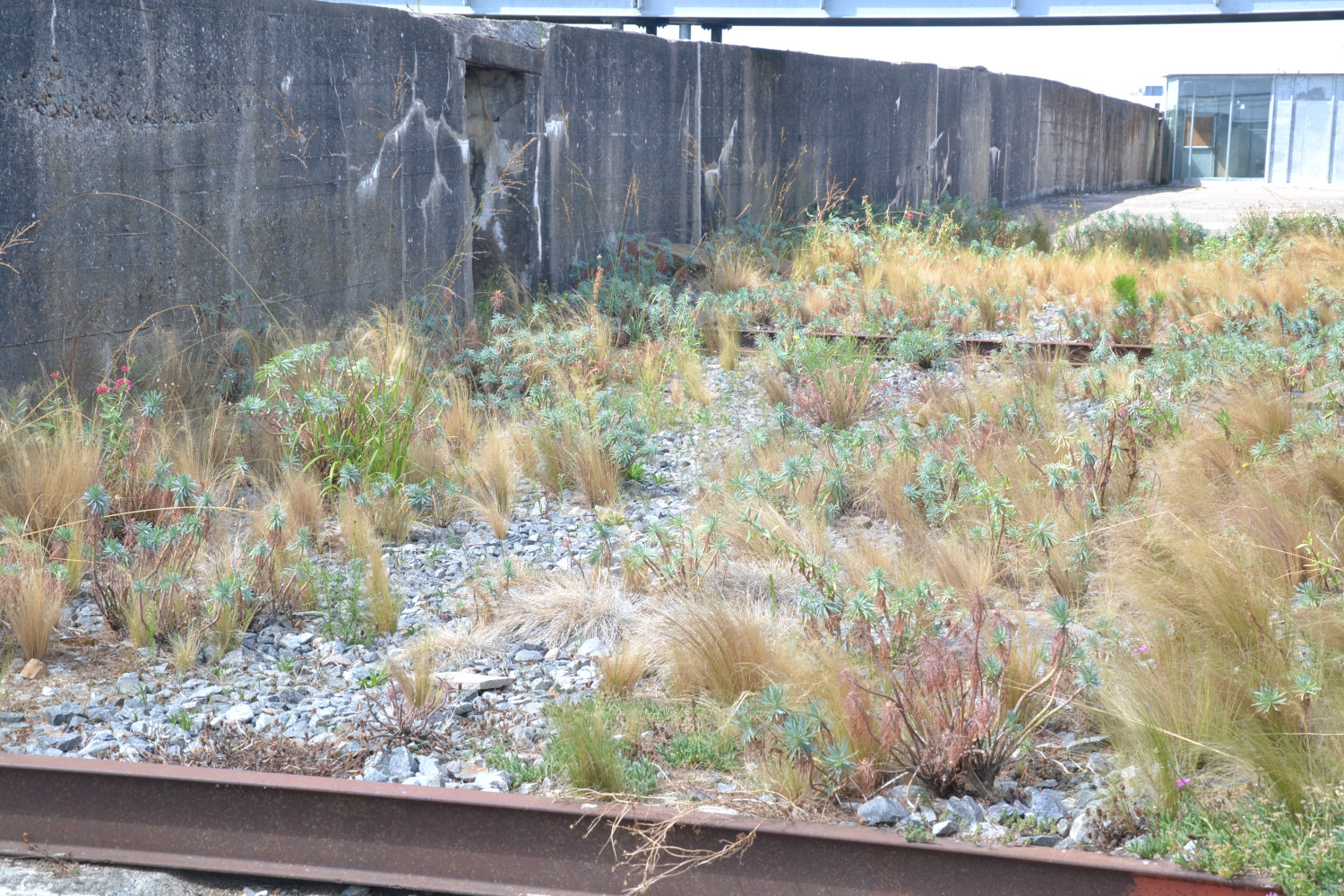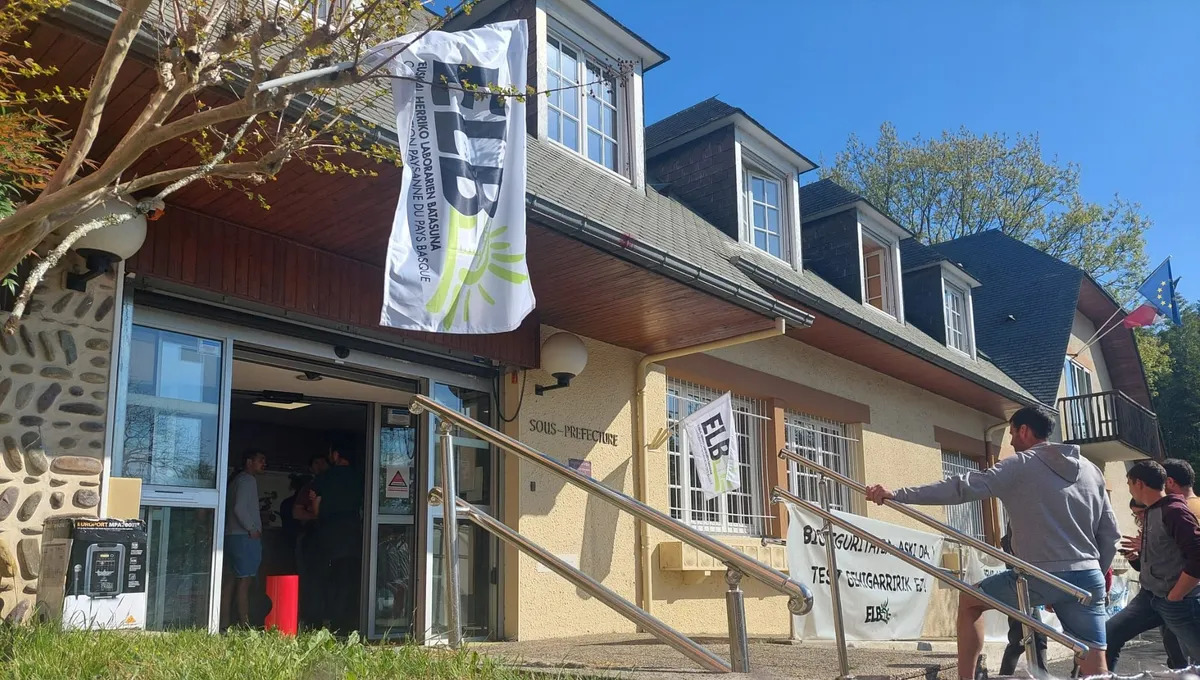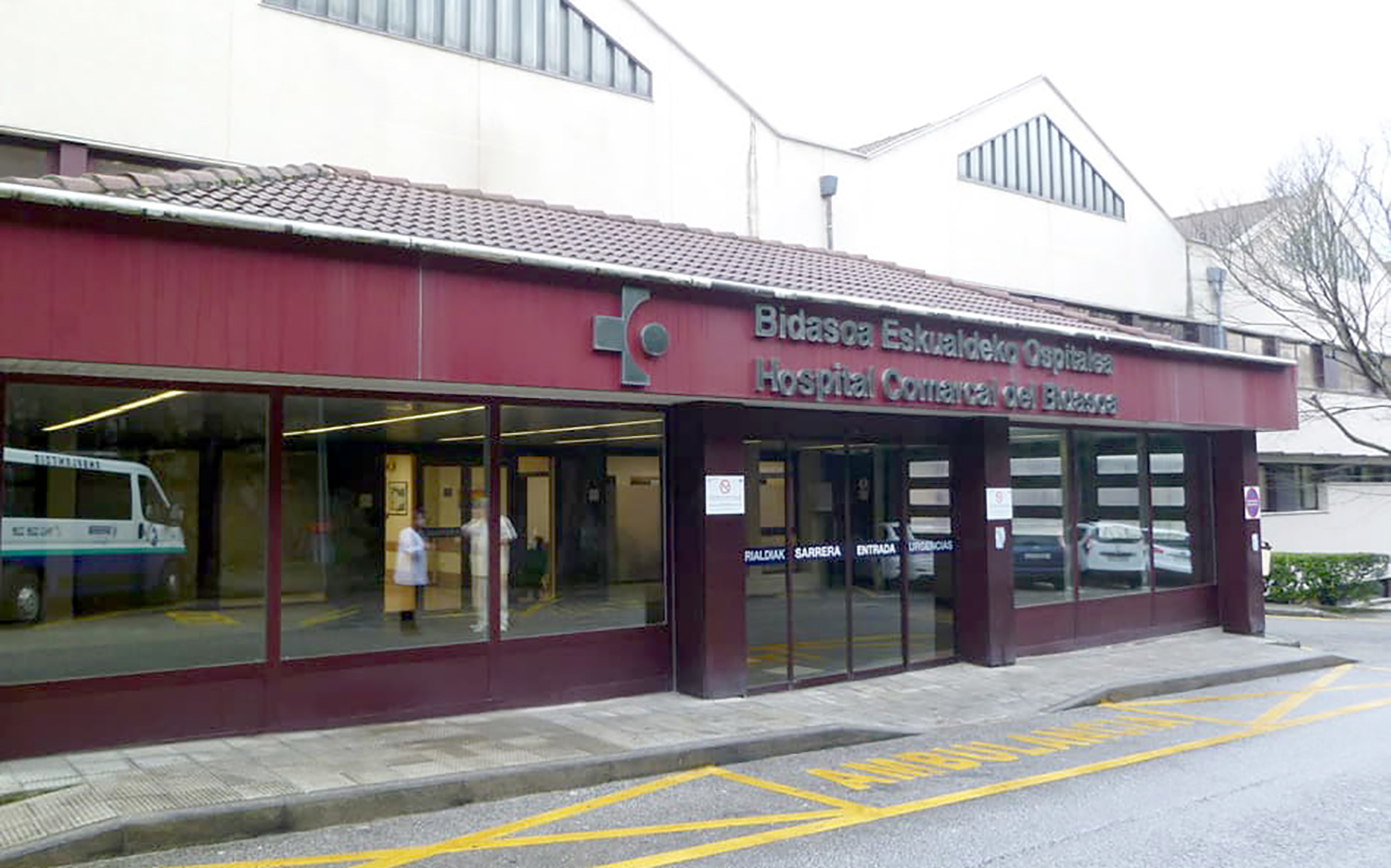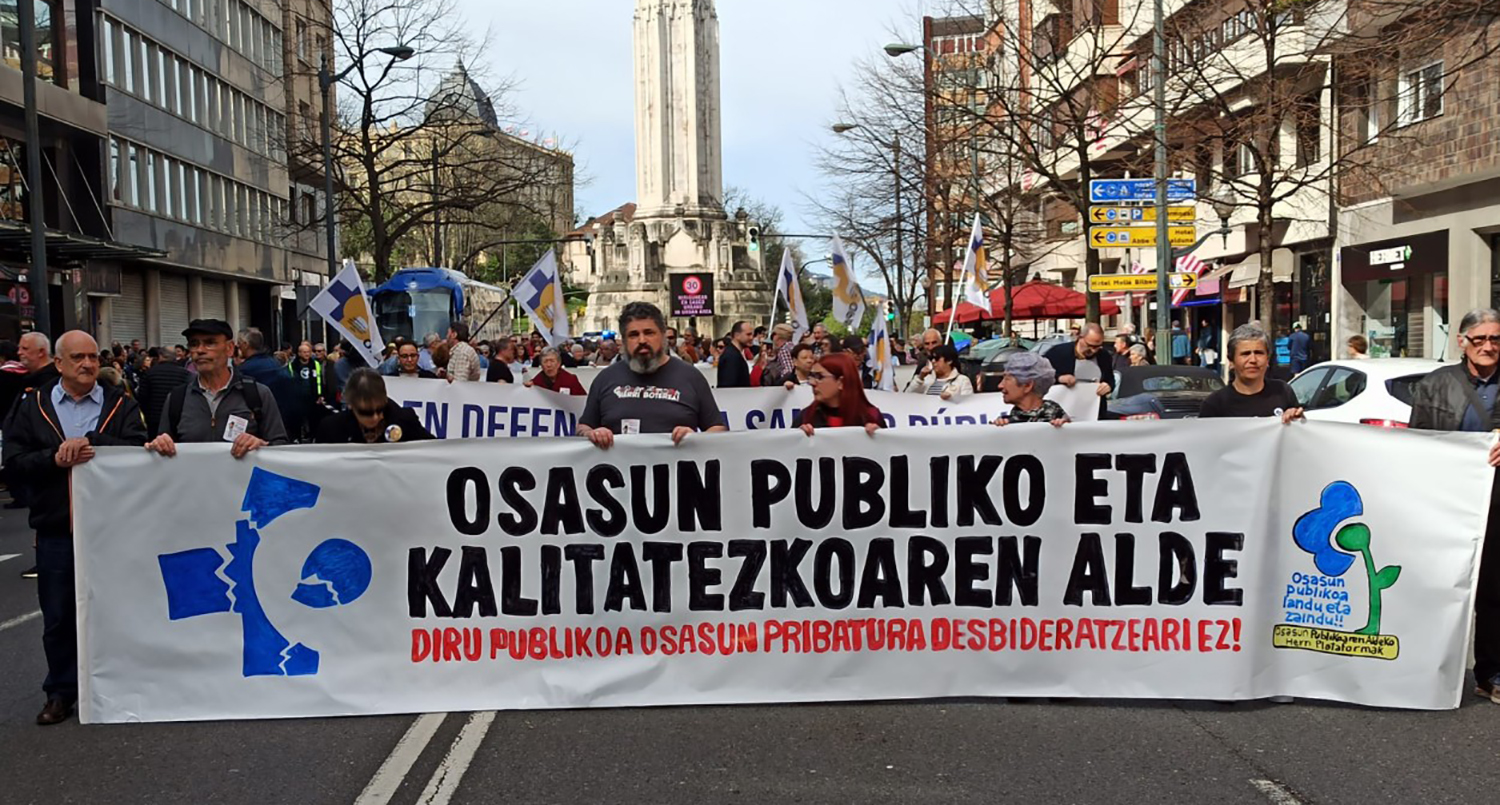Call on the Spanish Government to set up "once and for all" the fund for asbestos victims
- It has been two years since the law of fund creation was passed in the Spanish state, but the government of Pedro Sánchez has not yet developed the regulations and has no budget to endow the fund. In the Members' Congress, all the political groups have unanimously asked him to do so.

At the initiative of the PNV, the issue of asbestos has been discussed again in the Congress of Deputies. The law on the compensation fund for damage caused by this pollutant was adopted in 2022, but once approved, the Spanish Government has not developed it and has not provided funds.
In Congress, all political forces have once again called on the Spanish Government to approve the regulations provided for by the law, to approve the appeals submitted by associations of victims and trade unions and to take this fund into account in the budgets. "The law means recognition and reparation. But unfortunately, that reparation is still to be seen," said PNV Member Idoia Sagastizabal in presenting the initiative.
"The Spanish Government has a historic debt to the victims of asbestos, because it was a lot it could do, but it did not. Many times they looked away"
Oskar Matute (EH Bildu)
"Historical debt" of the Government of Spain
Last February, parliamentarians from Sumar, PNV, ERC, Junts, Podemos, Coalition Canaria, BNG and EH Bildu sent a letter to the government asking it to take steps to implement the 2022 law. "The Spanish Government has a historic debt to the victims of asbestos, because it was a lot it could do, but it did not. EH spokesman Bildu, Oskar Matute, explained many times they looked away.
Decades ago, it was known that asbestos causes lung cancer, mesothelioma and asbestosis, but its use was not prohibited in the Spanish state until 2002, when it was already banned in many European countries. According to the LAB union, between 6,000 and 10,000 people could have died in Euskal Herria as a result of inhaling this toxic substance.
PSOE: Procedure in progress
The parliamentarian of the Socialist Group, María Luisa García, explained on behalf of the Government of Sánchez that the draft royal decree that recognizes the fund for the victims "is in its process". García added that the contributions of the different autonomous communities are being analysed to "take them into account in the standard and thus be able to continue the processing".
For his part, the socialist parliamentarian has asked the members of the pp to act "with responsibility and responsibility". "There are a lot of people at stake, a lot of communities and a lot of city halls, even the ones you send, too many. In particular, 12 billion is at stake," he said, accusing the people of not covering the so-called "fiscal route" of the Spanish Government.
The Socialist MEP has asked the members of the People's Party to act with "responsibility": "There are a lot of people at stake, a lot of communities and a lot of city halls, even the ones you send out."
At the end of his presentation, García recalled that it was the PSE-EE that gave "a determined boost" to the law of fund creation.
Victims: "Meanwhile, people are dying."
The member of the Federation of Associations of Victims of the Basque Country Irratia Fedavica, Jon García, explained that despite the PSOE's support for the PNV initiative in the Spanish Congress, the victims do not have "much hope" of their attitude to what they have done in the last two years.

In this regard, the victims' representative has shown his "concern" and said that "while the law has stood still, people are dying". In Hego Euskal Herria, according to the association of Asviamie victims, there are already thirteen people who died this year from asbestos.
According to García, the fund would mean that the victims do not have to pass “another ballot” through the courts and court proceedings in order to obtain compensation.
Indartsua, irribarretsua eta oso langilea. Helburu pila bat ditu esku artean, eta ideia bat okurritzen zaionean buru-belarri aritzen da horretan. Horiek dira Ainhoa Jungitu (Urduña, Bizkaia, 1998) deskribatzen duten zenbait ezaugarri. 2023an esklerosi anizkoitza... [+]
Pazienteek Donostiara joan behar dute arreta jasotzeko. Osasun Bidasoa plataforma herritarrak salatu du itxierak “are gehiago hondatuko” duela eskualdeko osasun publikoa.
EAEn BAMEa (famili medikuen formazioa) lau urtetik hiru urtetara jaistea eskatu du Jaurlaritzak. Osakidetzaren "larritasunaren" erantzukizuna Ministerioari bota dio Jaurlaritzako Osasun sailburu Alberto Martinezek: "Ez digute egiten uzten, eta haiek ez dute ezer... [+]
Sare sozialen kontra hitz egitea ondo dago, beno, nire inguruan ondo ikusia bezala dago sare sozialek dakartzaten kalteez eta txarkeriez aritzea; progre gelditzen da bat horrela jardunda, baina gaur alde hitz egin nahi dut. Ez ni optimista digitala nauzuelako, baizik eta sare... [+]
Berrogei urte dira Euskal Herrian autismoaren inguruko lehen azterketak eta zerbitzuak hasi zirela. Urte hauetan asko aldatu da autismoaz dakiguna. Uste baino heterogeneoagoa da. Uste baino ohikoagoa. Normalagoa.
Itxaron zerrendak gutxitzeko Osasunbideak hartutako estrategiak gaitzetsi ditu Plataformak
Endometriosiaren Nazioarteko Eguna izan zen, martxoak 14a. AINTZANE CUADRA MARIGORTAri (Amurrio, 1995) gaixotasun hori diagnostikatu zioten urtarrilean, lehen sintomak duela lau urte nabaritzen hasi zen arren. Gaitz horri ikusgarritasuna ematearen beharraz mintzatu da.




















